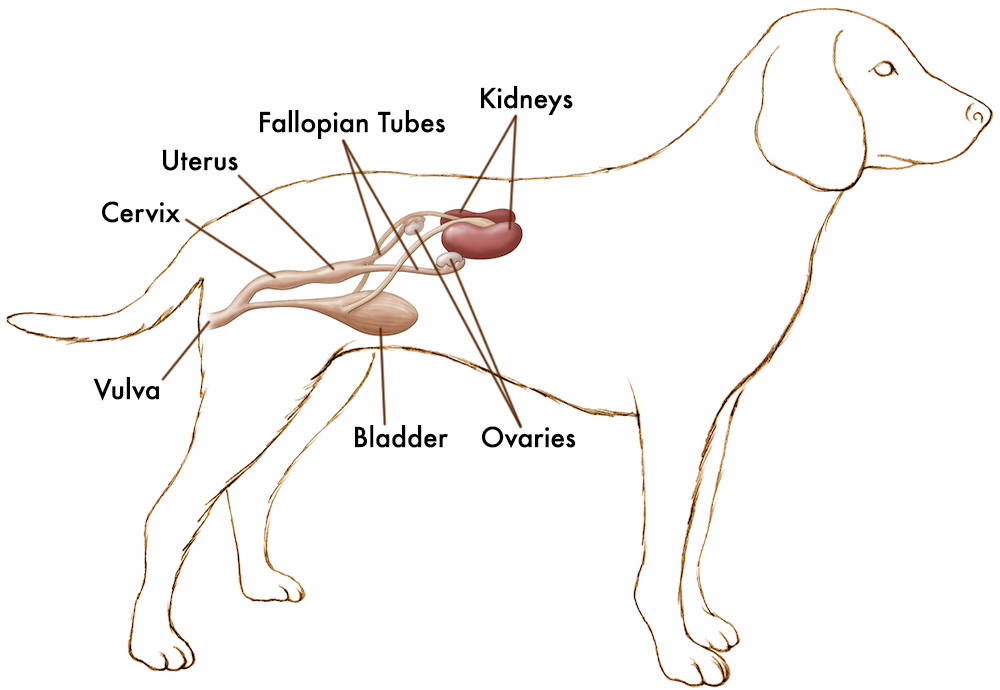MENU | Veterinarian Directory | Projects | News
Pet health


Pet
health
All animals
deserve humane
medical care
What we believe
The veterinary field has a wealth of new medical knowledge, treatments, and procedures, which reflects the growing importance of pets in our lives. The Parsemus Foundation believes in individualized animal care focused on lifelong health. We believe that by providing pet owners and veterinarians with education and resources, we can empower them to advocate for the best veterinary care. By supporting underutilized, low-cost, and non-surgical methods of animal sterilization and medical treatment, we work to improve the quality of life for all animals.
Active pet health projects
Low cost
non-surgical
options for
lifelong pet health
Our goal
The Parsemus Foundation’s goal is to improve animal health and welfare by supporting and advocating for innovative and neglected medical advancements. Our focus is on funding and publishing research in both controlled and field settings, pursuing press coverage of the results, and serving as an educational resource for veterinarians and the public. Many of the studies we support involve low-cost, non-surgical, or noninvasive approaches that are not under patent. The Parsemus Foundation envisions a future in which animal care involves humane procedures and treatments that support the lifelong well-being of the individual.
Free, searchable
directory.
Find veterinarians who offer hormone-sparing sterilization or special services such as hormone restoration or nonsurgical treatments.
By Location
By Service
Free, searchable
directory.
Find veterinarians who offer hormone-sparing spay/neuter or special services such as hormone restoration or nonsurgical treatments.
By Location
By Service
Completed projects
Latest news
Popular posts





















